Biography
(No Information)
Filmography
all 9
Movies 8
Writer 6
TV Shows 1
Creator 1
Writer

Cyganka Aza (1926)
Movie
Short Story

Magiczny kwiat paproci
Movie
Information
Known ForWriting
GenderMale
Birthday1812-07-28
Deathday1887-03-19 (74 years old)
Birth PlaceWarsaw, Poland
Height
FatherJan Kraszewski
MotherZofia Kraszewska
SiblingsKajetan Kraszewski, Lucjan Kraszewski
CitizenshipsRussian Empire
ResidencesSaint Petersburg, Russia
Also Known AsИосиф Игнатий Крашевский
This article uses material from Wikipedia.
Last updated:
Image credit: Renessaince (talk · contribs), CC BY-SA 3.0, via Wikimedia Commons
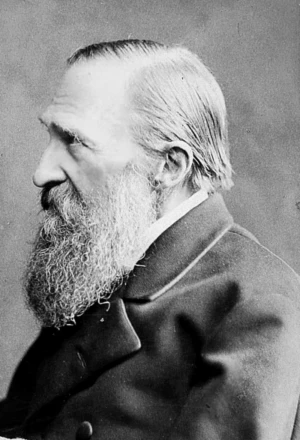 Józef Ignacy Kraszewski
Józef Ignacy Kraszewski- Filmography
- Information
- Related Persons


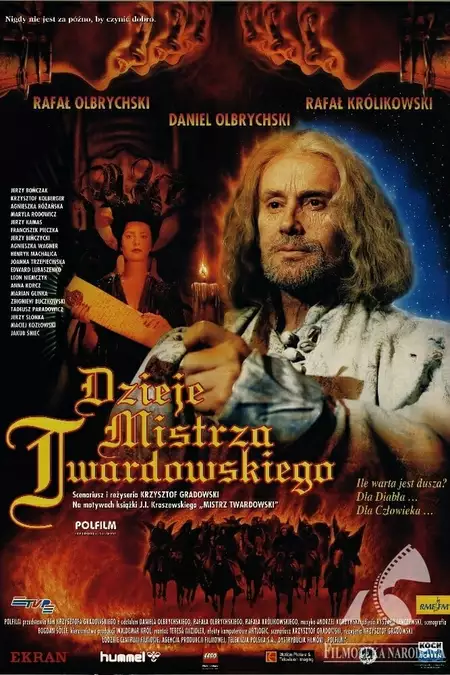
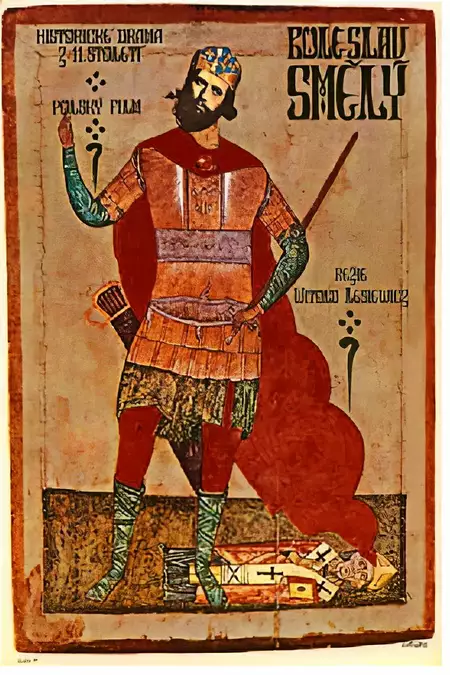
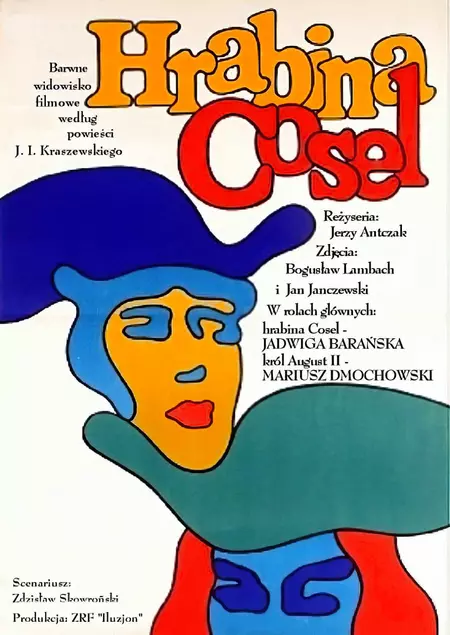
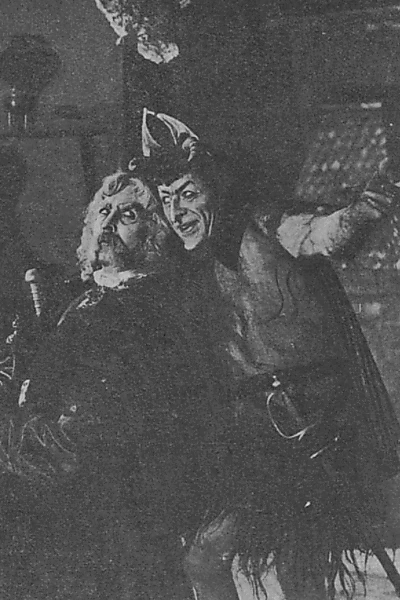

 ,
,